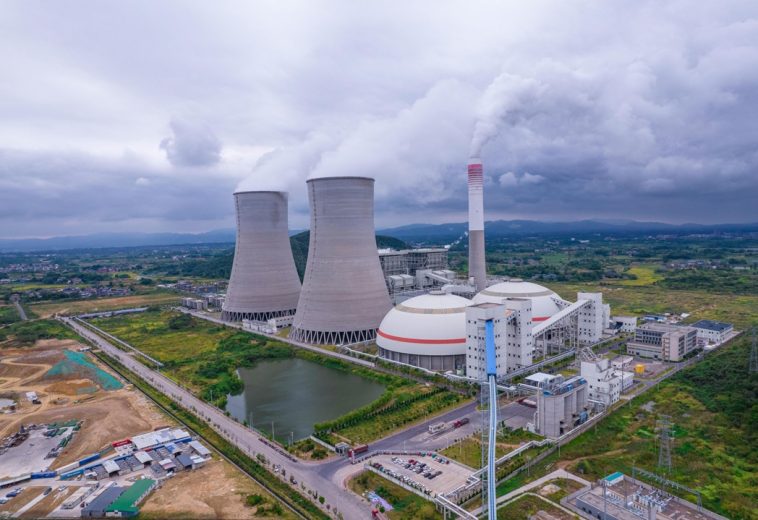Africa stands on the brink of a profound urban crisis. As cities expand with a rapidly growing population, the challenge of housing millions of urban dwellers has become increasingly urgent. The continent’s population is projected to triple by 2050, reaching an estimated 1.34 billion people. This surge in urbanisation has far outpaced infrastructure development, leading to a severe housing shortfall. Without immediate investment in affordable housing, many will be forced into informal settlements, exacerbating social inequality and stifling economic potential. The challenge is clear: without proactive intervention, Africa’s urban future risks deteriorating into a vast landscape of overcrowded slums and inadequate living conditions.
The scale of Africa’s housing crisis is staggering. Currently, the housing deficit in Africa exceeds 56 million units, with Nigeria alone accounting for approximately 28 million of that shortfall. Kenya requires 250,000 new housing units annually but delivers fewer than 50,000. South Africa, despite large-scale public housing programmes, still has a backlog of 2.3 million homes, with informal settlements growing at an annual rate of 5%. In Ghana, an estimated 60% of the urban population lives in slums due to unaffordable housing costs. To address this crisis, African countries must invest at least 5.5% of their GDP annually in urban development.
READ ALSO: Housing Solutions Amidst Africa’s Rapid Urbanisation
Africa is not alone in facing an urban housing crisis. In rapidly urbanising regions such as India and Brazil, governments have adopted large-scale affordable housing initiatives to curb the growth of informal settlements. India’s Pradhan Mantri Awas Yojana (PMAY) programme has built over 10 million affordable homes since 2015, reducing the housing deficit by 30%. In Brazil, the “Minha Casa, Minha Vida” programme has helped construct over 5 million units since its inception in 2009. These global examples provide Africa with a roadmap for developing successful affordable housing projects.
Affordable Housing Successes in Africa
Ethiopia’s government-led Integrated Housing Development Programme (IHDP) has built over 500,000 affordable housing units in Addis Ababa since 2006. The initiative focuses on mortgage-based financing, enabling low-income residents to own homes over time. The project has improved housing conditions and created over 176,000 jobs in the construction sector.
Similarly, Morocco’s “Villes Sans Bidonvilles” (VSB) initiative, launched in 2004, aimed to eliminate slums by providing subsidised housing. By 2024, it had rehoused 1.6 million people, reducing the national slum population by 60%. The success of this initiative lies in its public-private partnership model, which encourages real estate developers to invest in low-cost housing. South Africa’s Reconstruction and Development Programme (RDP) housing initiative has provided over 3.2 million homes to low-income families since 1994. Despite facing quality concerns, the programme remains one of the world’s largest social housing efforts, significantly reducing homelessness.
Challenges and the Way Forward
Despite these successes, Africa’s housing market faces key challenges, including high land costs, inefficient mortgage systems, and limited private sector participation. Many African banks require down payments of 20-30%, making homeownership unattainable for most citizens. Additionally, weak land tenure laws discourage investment in affordable housing. To overcome these obstacles, Africa must adopt a multi-pronged approach.
Public-private partnerships should be strengthened, with governments incentivising private developers through tax breaks and reduced bureaucratic barriers. Expanding mortgage access and implementing microfinance solutions can help more people afford homes. Sustainable construction, using locally sourced, eco-friendly materials, can reduce building costs while addressing climate concerns. Urban planning reforms must integrate housing projects with transportation and job opportunities to create liveable cities.
Africa’s urbanisation presents both a challenge and an opportunity. By prioritising affordable housing projects, African governments can prevent the rise of slums, promote economic growth, and improve the quality of life for millions. Lessons from successful projects within Africa and globally offer a blueprint for sustainable urban development. With strategic investment and policy reforms, the continent can transform its housing crisis into an opportunity for inclusive urban transformation.




